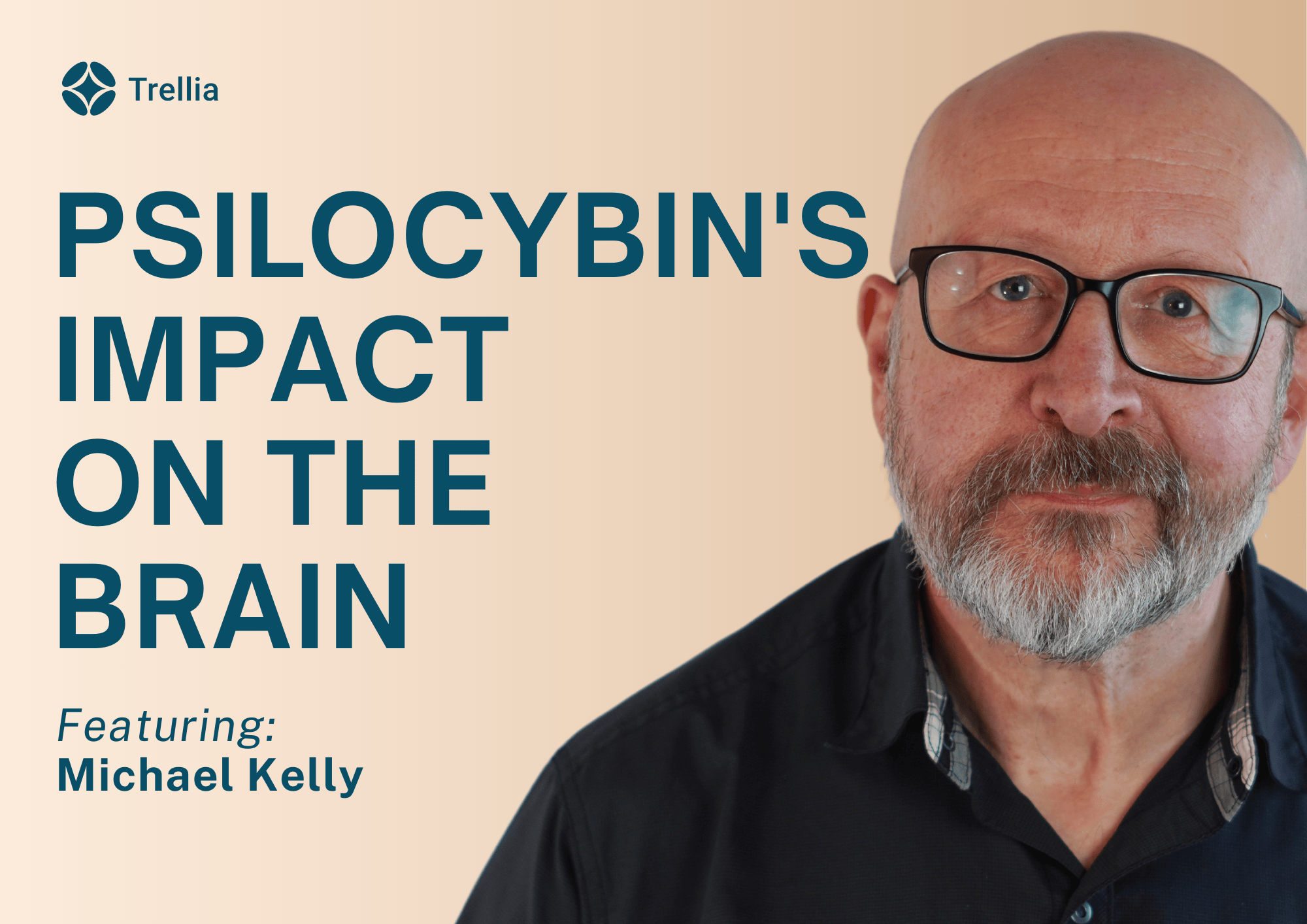Understanding the Neuroscience of Psilocybin Therapy
Understanding the Neuroscience of Psilocybin Therapy: A Unique Perspective
In recent years, psilocybin—commonly known as magic mushrooms, a psychedelic substance that can alter perception, mood, and thought—has garnered attention not only for its psychedelic effects but also for its potential psychological benefits. From a neuroscience perspective, psilocybin therapy offers profound insights into how this substance interacts with the brain to promote mental well-being. Michael Kelly, a neuroscience expert, sheds light on the fascinating mechanisms behind psilocybin’s therapeutic effects.

The Default Mode Network and Its Impact on the Mind
A key way psilocybin influences the brain is through its interaction with the default mode network (DMN). The DMN is responsible for self-referential thoughts, rumination, and mental chatter. When overactive, it can contribute to anxiety, depression, and negative thought loops.
Psilocybin has the remarkable ability to reduce DMN activity, leading to a temporary quieting of the inner monologue. This pause in habitual thought patterns allows individuals to experience a profound sense of presence and relief from distressing mental loops. By disrupting rigid thought patterns, psilocybin therapy can help individuals break free from harmful cognitive cycles and adopt new perspectives.
New Neural Pathways and Neuroplasticity
Beyond calming the DMN, psilocybin enhances neuroplasticity, the brain’s ability to form and reorganize connections. During a psilocybin session, neurons communicate in novel ways, creating fresh neural pathways. This rewiring fosters new thought patterns, emotional processing, and healthier mental habits post-experience.
Research suggests that increased neuroplasticity may explain why psilocybin therapy has shown promise in treating depression, PTSD, and anxiety. Guided sessions that integrate these neuroplastic effects can maximize the long-term mental health benefits of the experience.

Source: researchgate.net
Why the Neuroscience of Psilocybin Therapy Matters
Understanding psilocybin therapy through the lens of neuroscience highlights its transformative potential. By quieting the default mode network and promoting neuroplasticity, psilocybin opens the door to psychological healing and personal growth. As research continues to evolve, the therapeutic applications of psilocybin appear increasingly promising for those seeking alternative mental health interventions.
Ready to explore the transformative power of psilocybin?
If you’re ready to explore the transformative power of psilocybin in a safe and supportive environment, consider working with Michael Kelly, a seasoned facilitator featured on Trellia. His expertise in neuroscience and psilocybin-assisted therapies offers a unique and insightful approach to your journey.
Visit Trellia today to connect with Michael Kelly and other trusted professionals who can guide you toward a profound and healing experience.